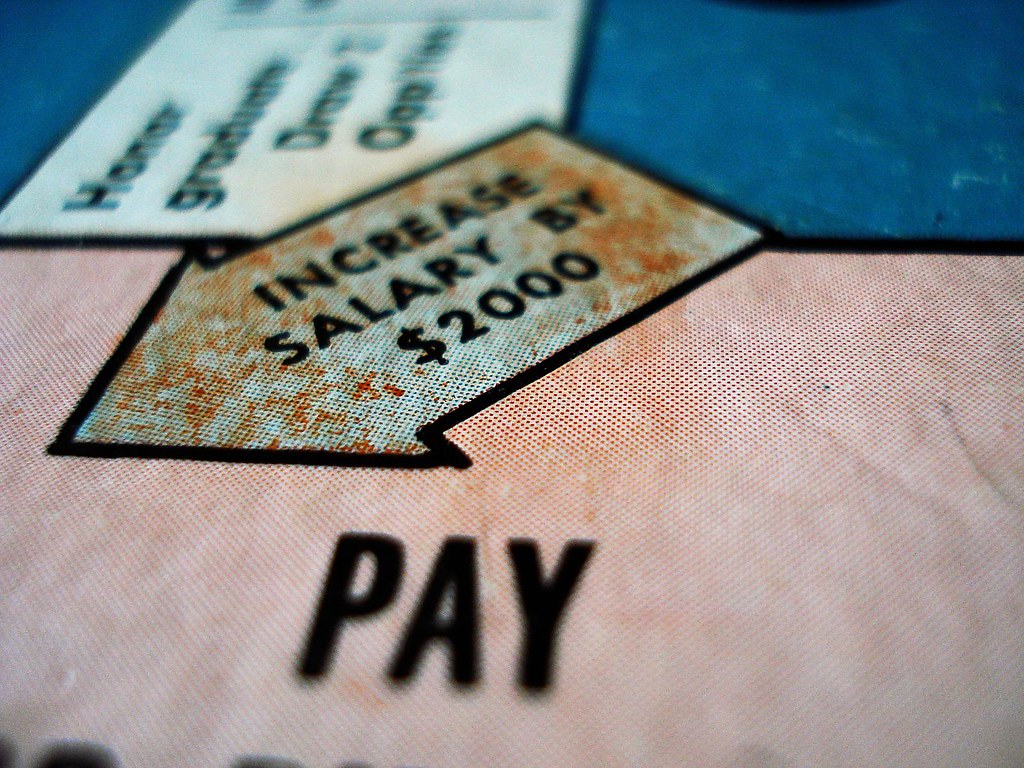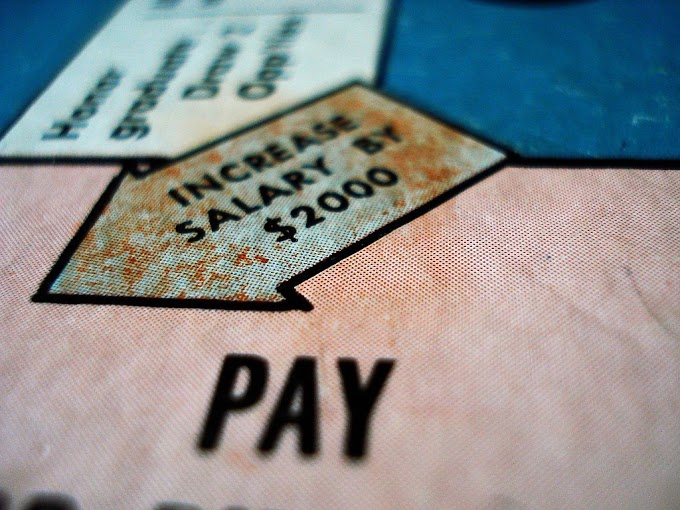Salary break-up: How to calculate your salary break-up
As soon as you join the job, it is very important for you to know your salary break-up. This not only helps you in getting various insights about your earnings but also helps in saving your money and growing it. Here is your Salary break-up. |
| It is very important to know your salary break up |
Listed below are Nine important components of your salary break-up:
- Cost to CTC or company
- Basic Salary
- Allowance
- Bonus
- Provident fund (PF)
- Insurance
- Tax
- Total salary
- Gross salary
Doesn't it feel amazing when you finally have a proposal letter after months of job search and undergoing numerous interview rounds? More often than not, however, for a new recruit who has just started working, understanding what each component is in the financial context is not easy.
When looking for a new job, getting through an interview is one of the many steps before you finally bring that position. One important discussion is salary. As job seekers we often fail to realize that it is not just a matter of quoting a figure.
It is usually expressed as the combination of different variables and calculations. Understanding how your salary is distributed will help you negotiate your salary better.
Let's have a look at what each of the terms that make up salaries actually mean:
| Knowing your salary break-down helps you in correctly estimating your worth |
Cost-to-company or ctc
Cost-to-company or CTC is the total amount a company spends directly or indirectly on you. This includes basic salary, allowances, provident fund and others. In simple words, it is the amount that the company provides as a salary package when you appoint for the job. However, this is not the same as the amount you take home at the end of each month.CTC = gross salary + PF + gratuity
Basic Salary
The base salary serves as your base income and is the definitive part of your compensation package with the exclusion of benefits and bonuses. It has been noted that the amount of the base salary totally depends on the designation and industry that you own. However, the basic salary is generally 40 - 60% of the total cost to company (CTC).Allowance
A monetary benefit, known as an allowance, provided by the employer to meet expenses incurred by you to meet service requirements. Normally, the allowances are provided by the employer to you along with the basic salary. The most common forms of allowances are Dearness Allowance (DA), House Rent Allowance (HRA), Leave Travel Allowance (LTA) and Conveyance or Transport Allowance. Again, the amount of these allowances may vary from company to company based on policies.Bonus
A bonus is usually recognized for your good performance. It is compensation over and above the base salary. The amount of the bonus can be either fixed or variable and the time period in which it varies for different companies.Provident fund (PF)
A scheme that benefits you after your retirement, provident fund is an investment made by you and the employer every month. This amount is usually calculated at 12% of your basic salary. The PF is calculated till the amount reaches to a value of Rs. 15000. Then, it is directly added to your PF account. If it exceeds the given limit amount, the company may still choose to retain its share at 12%. 15000.Insurance
Insurance benefits are provided by many companies but not all. Each month a small amount is deducted from your salary which then goes towards your life and health insurance. The premiums for the insurance are deducted each month from your salary. Although this amount is mentioned and included in the total CTC, yet it is deducted from the net salary that you receive each month.Taxes
The final contribution from your salary is towards the income tax and professional tax stream. Due to your salary (applicable according to the slab and rate of tax), the amount of tax is directly paid to you by the employer. This tax is also called tax deducted at source or TDS. Apart from income tax, professional tax is another form of deduction from your salary.Take net salary or home salary
In the end, the salary that you take home with you is net salary. In order to simplify the calculation, this amount is generally calculated by adding the basic salary and allowances that you get every month, and then deducted in different forms of tax (such as the income tax, EPF, and the professional tax). Giving the most realistic image of your income, it is the actual amount that is deposited in your bank account at the end of every month.In short, Net Pay = Basic Pay + Allowances - Income Tax / TDS - Employer's Provident Fund - Professional Tax.
Gross salary
Add allowances to the base salary and you arrive at the gross salary. This amount is calculated prior the application of taxes and various different deductions.Gross salary = basic salary + other allowances
Once recognized, the salary structure is easy to understand and also easy to negotiate.
Here is your salary break-up. Hope you find this article interesting.


0 Comments